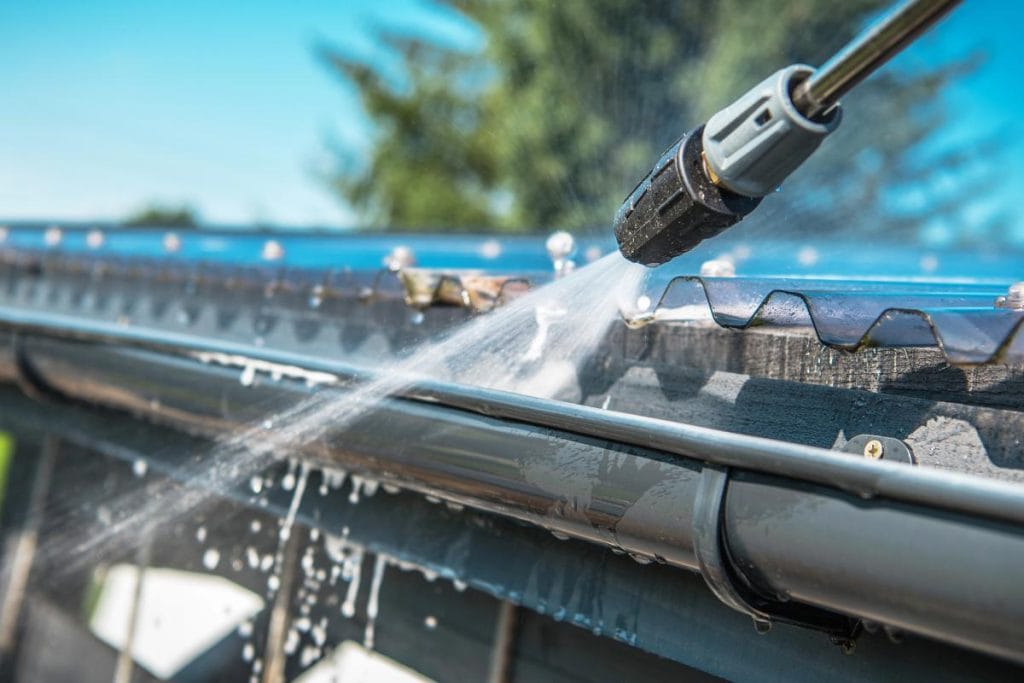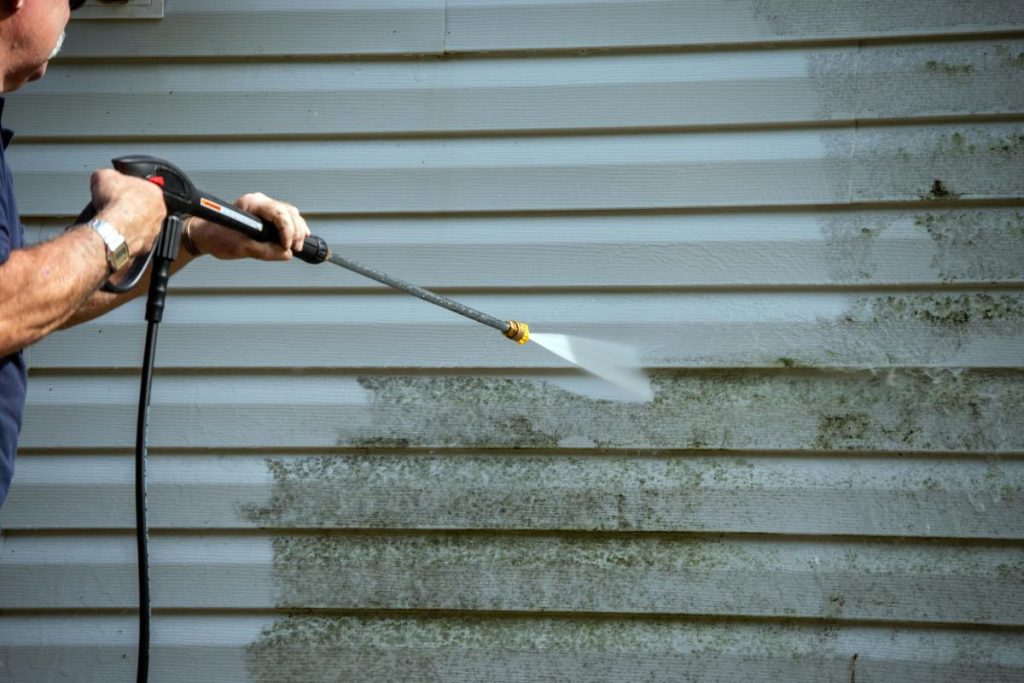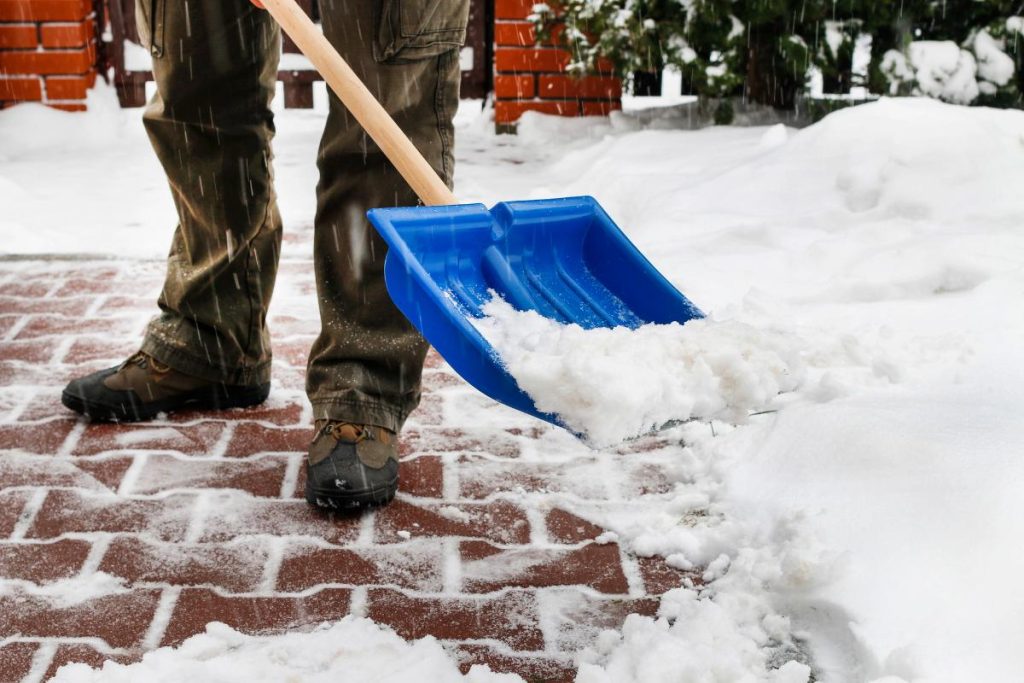Maintaining a home requires more than just fixing things when they break. It calls for regular, seasonal upkeep to make sure everything runs smoothly and safely year-round. Tackling maintenance in manageable chunks throughout the year makes the process less overwhelming and helps prevent costly repairs. Here’s a seasonal home maintenance checklist to guide you through what needs attention every spring, summer, fall, and winter.

Spring: Refresh and Inspect
Spring is all about renewal, making it the perfect time to clean, repair, and prepare your home for the warmer months ahead.
Inspect the Roof
After winter’s storms and snow, check for loose or damaged shingles and signs of leaks. A professional inspection might be necessary if there was heavy snowfall or visible damage.
Clean Gutters and Downspouts
Remove leaves and debris that may have accumulated over winter. Make sure water can flow freely to prevent damage to your foundation.
Service the HVAC System
Replace filters and schedule a professional inspection to ensure your cooling system works efficiently before the heat sets in.
Check Windows and Doors
Inspect seals and caulking around windows and doors. Repair any gaps to improve energy efficiency and keep insects out.
Lawn and Garden Prep
Clear debris, plant flowers, and fertilize your lawn. It’s also a good time to inspect your irrigation system and repair any leaks.
Inspect the Exterior
Look for signs of wear on your home’s siding, foundation, and paint. Schedule necessary repairs or touch-ups before issues escalate.

Summer: Maintain and Protect
With longer days and dry weather, summer is ideal for tackling exterior projects and preparing for possible heat-related wear and tear.
Power Wash the Exterior
Give your home a facelift with a thorough power wash. Clean driveways, walkways, decks, and siding to remove dirt and mildew.
Inspect and Repair Fencing
Check for damaged boards or leaning sections. Apply a fresh coat of paint or stain to wood fences to protect them from the elements.
Check for Pests
Summer is prime time for ants, termites, and other pests. Inspect basements, attics, and foundations for signs of infestation and treat accordingly.
Maintain Outdoor Spaces
Keep your deck or patio in good shape. Reseal wood surfaces, replace broken pavers, and maintain patio furniture to prevent wear.
Clean and Test Ceiling Fans
Make sure fans are rotating counterclockwise for a cooling effect. Clean the blades and check for any wobbling or noise.
Decorate Outdoor Areas
Add charm to your outdoor space with thoughtfully arranged greenery. Get small vases in bulk and display your flowers and plants with ease and style. This is an eye-catching and cost-effective way to beautify your patio while keeping arrangements consistent across your outdoor space.

Fall: Prepare and Prevent
Fall is about preparation. Before cold weather arrives, it’s crucial to ready your home to handle lower temperatures and possible storms.
Clean and Store Outdoor Furniture
Cover or store patio furniture to protect it from rain and snow. Clean items thoroughly before storing.
Service the Heating System
Schedule a professional checkup for your furnace or boiler. Replace filters, inspect ducts, and test thermostats to ensure your system is winter-ready.
Check Weatherstripping
Inspect doors and windows for drafts. Replacing worn weatherstripping is a simple way to improve energy efficiency.
Inspect the Fireplace and Chimney
If you use a fireplace, get it professionally cleaned and inspected. This prevents dangerous buildup of creosote and ensures safe operation.
Clean Gutters Again
Falling leaves can quickly clog gutters. Clean them again in late fall to prevent ice dams and water damage in winter.
Drain and Store Garden Hoses
Disconnect hoses from spigots and store them indoors. Shut off exterior faucets to prevent frozen pipes.
Test Smoke and Carbon Monoxide Detectors
Replace batteries and test all detectors to ensure they work properly during a season when heating appliances will be running.

Winter: Monitor and Manage
Winter is the time to stay on top of your home’s internal systems and check for weather-related damage or strain.
Prevent Frozen Pipes
Insulate exposed pipes in basements, attics, and crawl spaces. During extreme cold, let faucets drip slightly to avoid freezing.
Check Attic Insulation
Proper insulation helps maintain heat and prevents ice dams. Look for any gaps or signs of moisture.
Monitor for Ice Dams
Keep an eye on your roof’s edges and gutters. Use a roof rake to remove heavy snow and prevent buildup that could lead to leaks.
Maintain Humidity Levels
Use a humidifier to keep indoor air comfortable and prevent issues like dry skin, static electricity, or warped wood furniture.
Reverse Ceiling Fans
Switch fans to rotate clockwise at a low speed. This redistributes warm air trapped at the ceiling down into living spaces.
Keep Entryways Clear
Shovel walkways promptly and use ice melt to prevent slips and falls. Regularly check for drafts or water leaks near doors.
Organize Winter Supplies
Ensure snow shovels, ice melt, and emergency kits are accessible. Stock up early to avoid shortages during winter storms.
Each season brings new challenges and opportunities for homeowners. By dividing tasks across the year, you can stay ahead of issues, prolong the life of your home, and enjoy peace of mind. Keeping this checklist handy ensures your home stays in great shape, no matter the season. With a little planning and effort each quarter, your home will be safer, more comfortable, and more valuable year-round.
